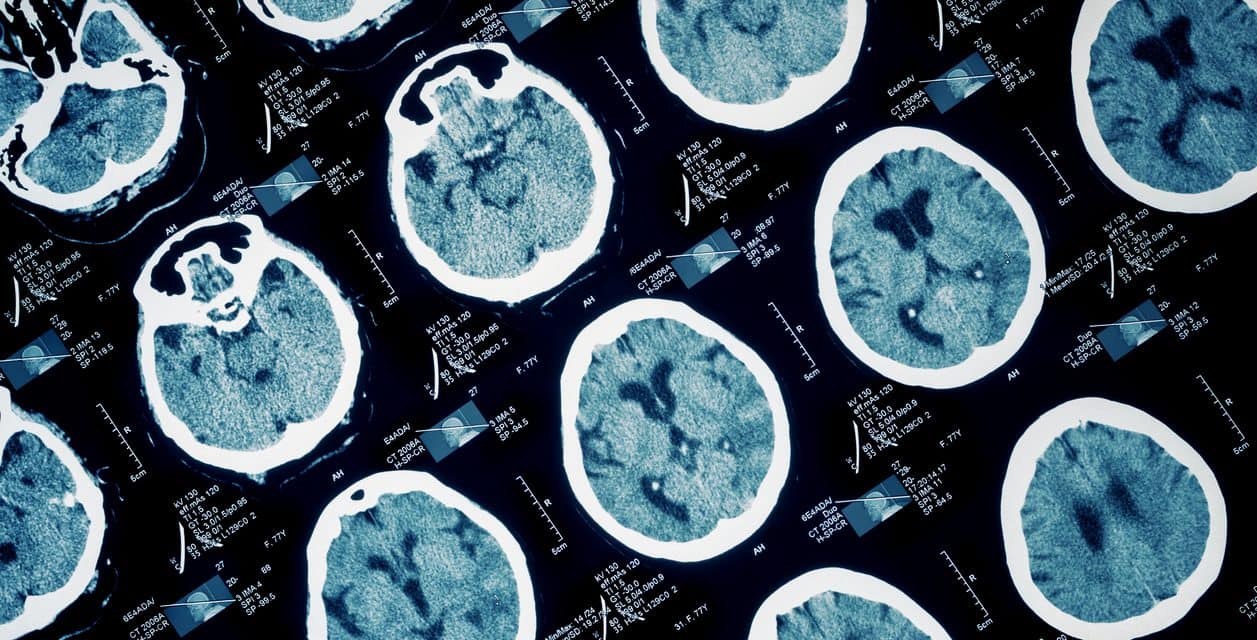Flortaucipir positron emission tomography (PET) scans are a clinically applicable visual interpretation method to provide valuable information regarding the near-term progression of patients with mild cognitive impairment (MCI) and Alzheimer’s disease (AD). This study aims to determine the association between flortaucipir PET visual interpretation and patients’ near-term clinical progression.
This study included two prospective, open-label, longitudinal studies. The first study included 160 participants who had a flortaucipir scan at baseline visit. The second study had 205 participants from the AMARANTH trial. In total, the study included 364 participants with readable scans. The primary outcome of the study was flortaucipir scans rated as advanced or non-advanced using a visual interpretation method.
Of 364 participants included in the study, 240 participants were rated as having an advanced AD pattern. At a follow-up of 18 months, 70% of participants with an advanced AD pattern had an increase of one point or more in clinically meaningful deterioration. Contrastingly, only 46% of participants with non-advanced AD pattern scans experienced the same vent. Other analyses with clinical endpoint assessments indicated a higher risk of clinical deterioration in participants with an advanced AD scan pattern.
The research concluded that flortaucipir PET scans could provide valuable information about the risk of deterioration among patients with MCI and AD.
Ref: https://jamanetwork.com/journals/jamaneurology/fullarticle/2775982?resultClick=1


